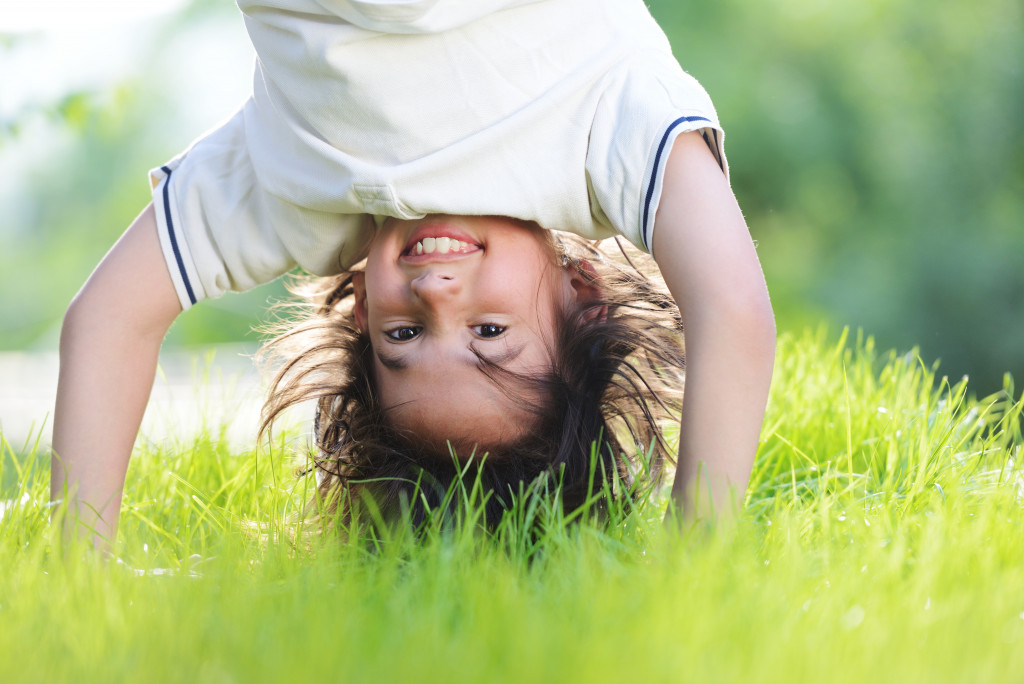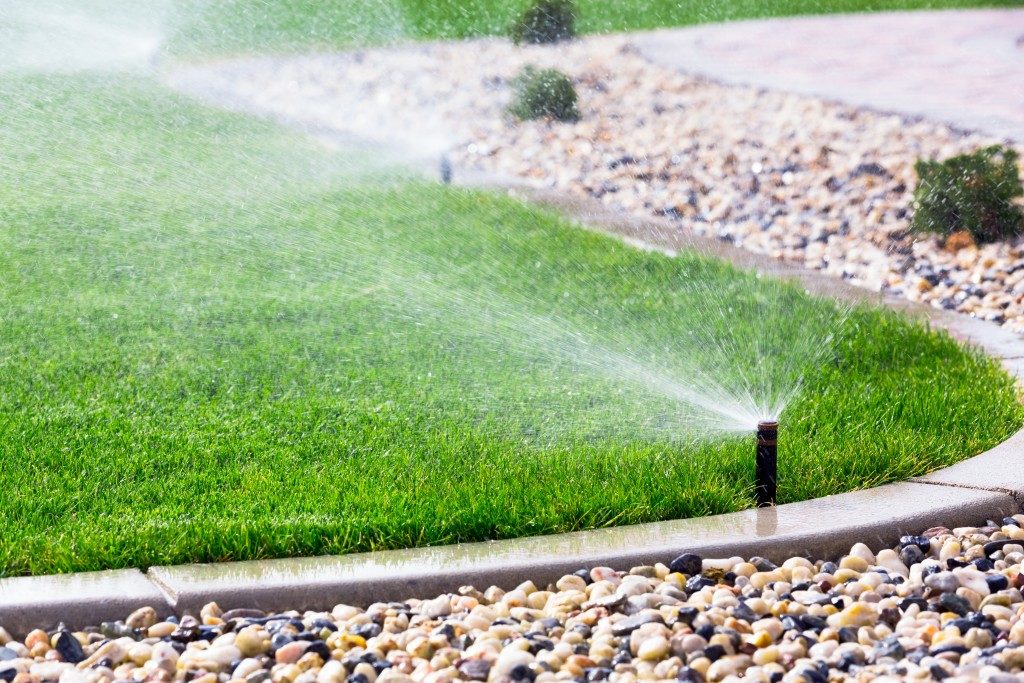It has been a year since the pandemic took over the entire world. Many families continue to shelter in place with the virus still very much around and spreading in most nations.
The lockdowns have been hard on adults, but more so on children. Not being able to go out to the school to see their classmates and friends take a toll on their mental health and may affect their development.
Now that vaccination efforts are ramping up, there is hope that, soon, people will be able to go out again. Children will be able to go back to school without fear that they will catch the virus and pass it on to their grandparents.
The Impact of the Pandemic on Children
Prior to the pandemic, children were already spending more and more time indoors.
They were playing video games, watching videos on YouTube and TikTok, chatting with friends on Snapchat, and basically enjoying activities that did not require them to go out of the house.
The trend has been exacerbated by COVID-19. Due to lockdowns and the threat of the virus, children were forced to spend more time indoors. Without school, there was no reason to get out of the house. They developed new habits and routines that are strictly indoors.
But, being indoors all the time is bad for their overall well-being. When the restrictions are lifted, parents should encourage children to play outdoors, especially in nature and green spaces. Here are the reasons why.
Being in Nature Reduces Stress Among Children
The connection between humans and nature is innate. People have a fondness for the natural environment and, thus, being in a garden, a public park, or in a forest can renew their spirit.
Gardening is one of the best activities for children because it keeps them close to nature, counts as physical activity, and gives them a healthy dose of vitamin D. It also encourages children to eat healthy. With spring finally here, it is the perfect time to add high-quality topsoil to your garden and start planting fruits, vegetables, and flowers.
Gardening is a stress-buster for adults and children. A report by the American Psychological Association found that children in the United States worry about school, getting into good colleges, and their family’s finances which cause them to experience sleeplessness, headaches, and an upset stomach. COVID-19, and the challenges of remote learning, added more stress. Gardening, and being in nature, is an effective, non-medical way to reduce their levels of stress.

Being Outdoors Helps Children Learn
Children of all ages benefit from being outdoors, especially in a natural environment. Previous studies have found that students who learned in an outdoor classroom improved their scores in science by 27%.
Being outdoors is an opportunity to learn about the world. They get to encounter and interact with different plants and animals, see bodies of water and various landforms first-hand, and hear and feel the numerous sounds and textures of the natural environment. The great outdoors is good for their physical and mental health. As a bonus, it is also beneficial to their performance at school, too.
Nature Improves Attention
Because of technology, the attention span of people, including children, has grown shorter. It prevents them from learning because they are unable to focus on classroom lectures, on their school work, or on reading books.
Nature, however, has proven to be effective in restoring the attention span of children. In one study, children who have been diagnosed with attention deficit hyperactivity disorder (ADHD) had better concentration and performed better in cognitive tests after a few minutes of walking in nature.
It has also been proven to improve concentration among adults. In another study, researchers found that even sitting and viewing green spaces can improve people’s ability to focus.
Being Outdoors Boosts Social Connection
Nature can help people form a deeper bond. Letting kids play outdoors, especially in places with natural environments, can create a safe place for children to socialize. It can increase peer-to-peer relationships and, if it is done with an adult around, can also make the student/teacher connection better. It can also benefit children who feel like social outcasts.
The pandemic has taken away opportunities for people, especially children, to spend time outdoors. The shelter-in-place orders may also have created a generation whose routines and habits involve being indoors all the time which may lead to physical ailments and mental health disorders.
As restrictions begin to be lifted, children will be given a chance to spend time outdoors once again. Parents should encourage children to reconnect with nature and, once again, enjoy the possibilities that the great outdoors can provide.









